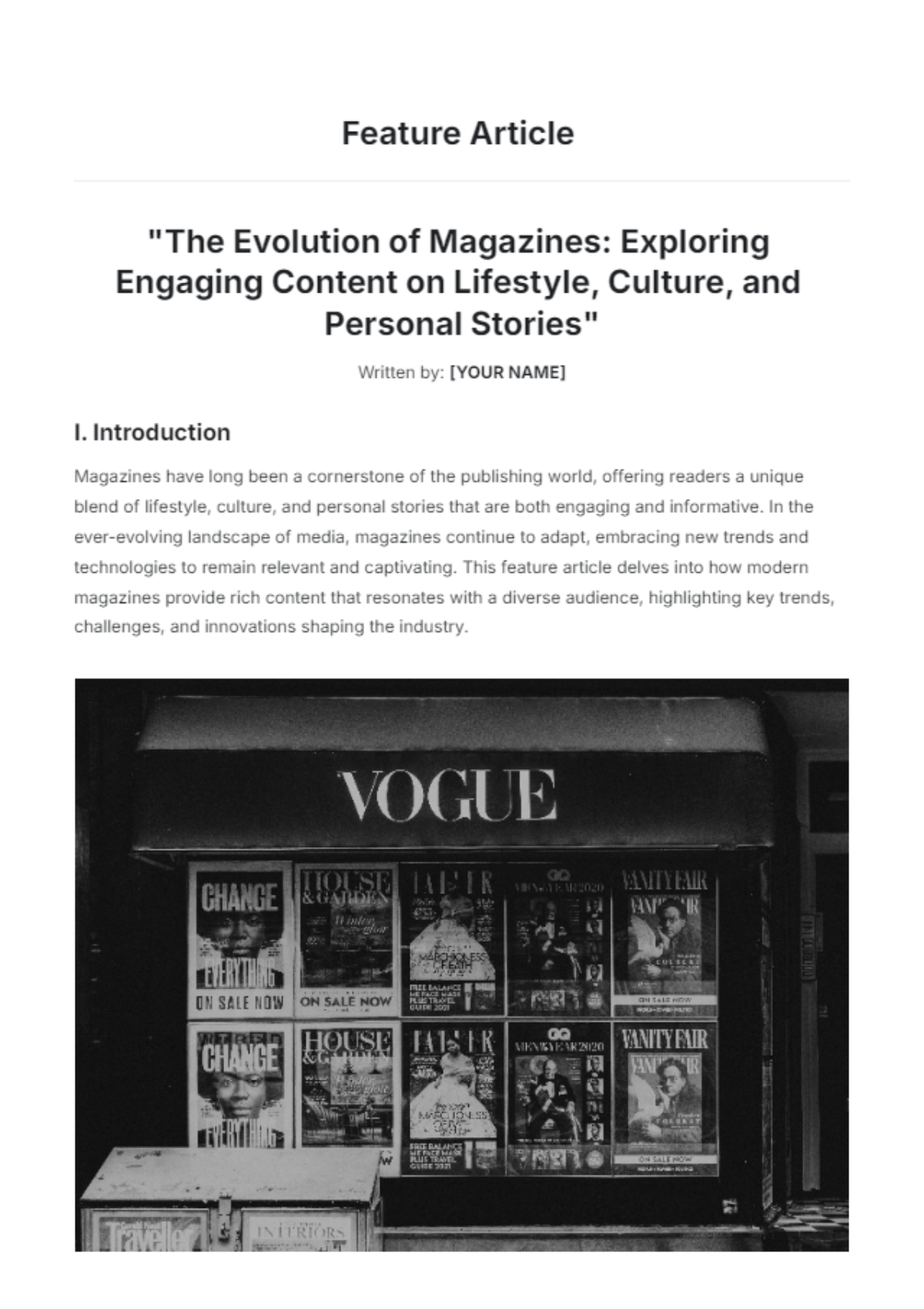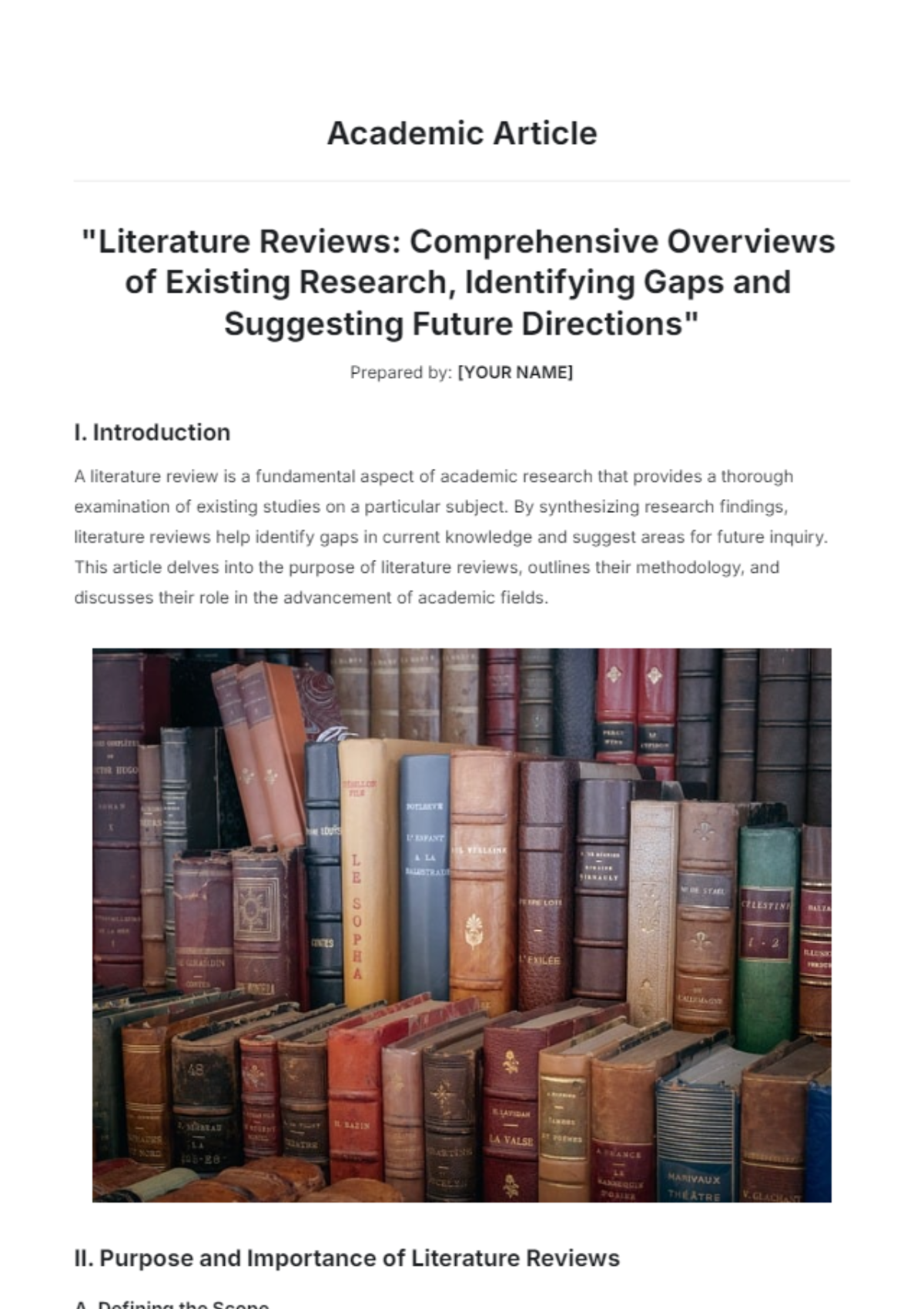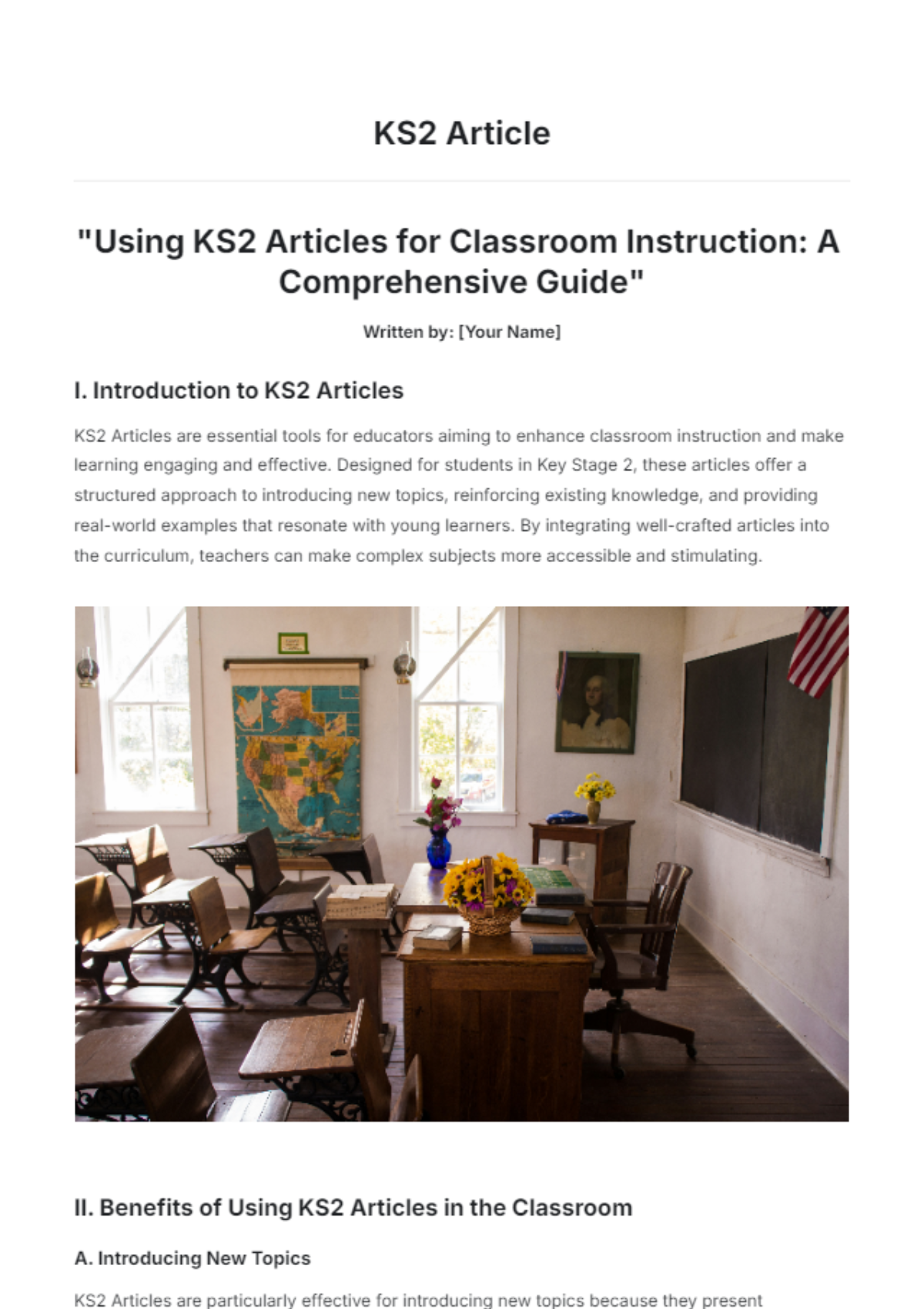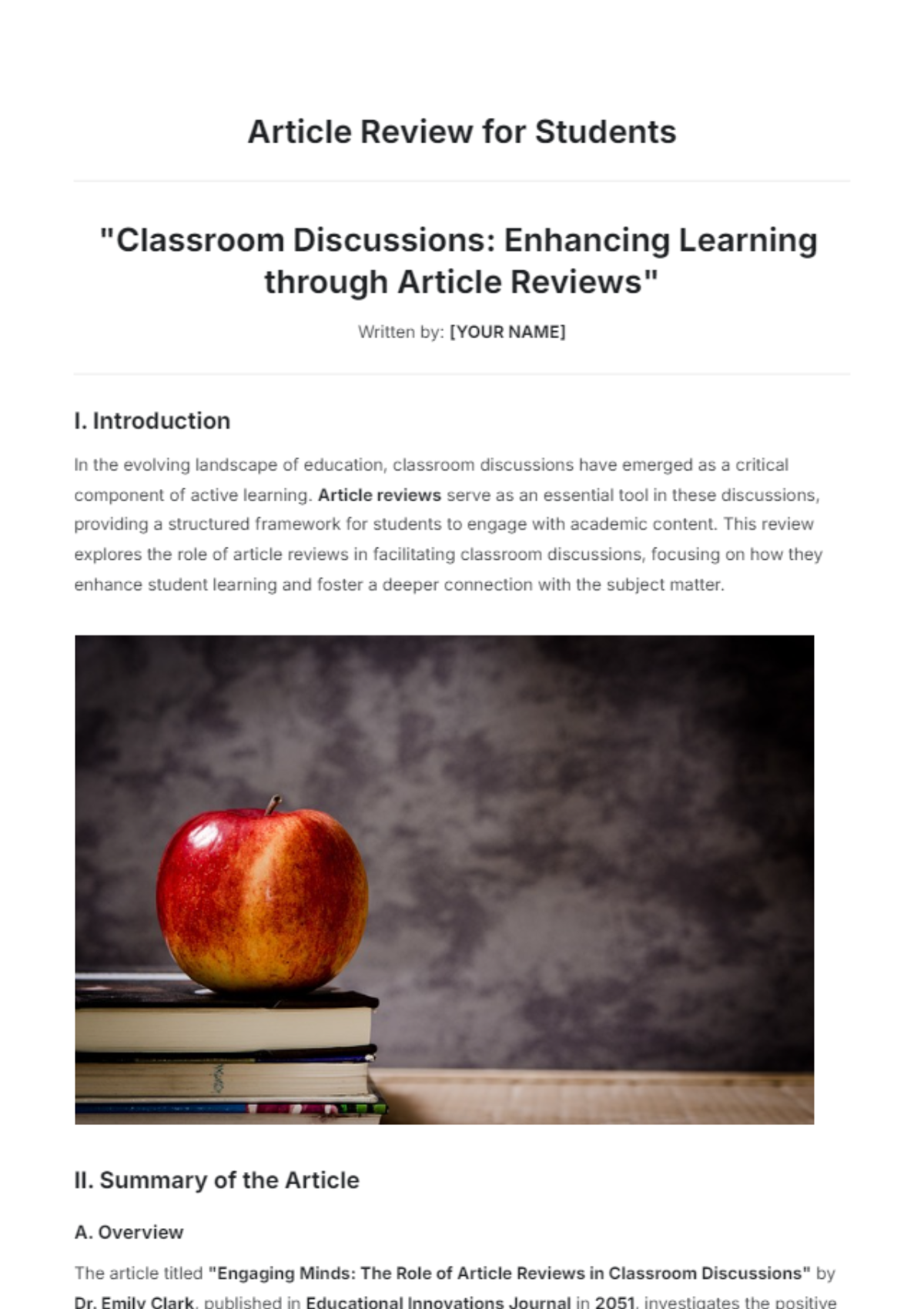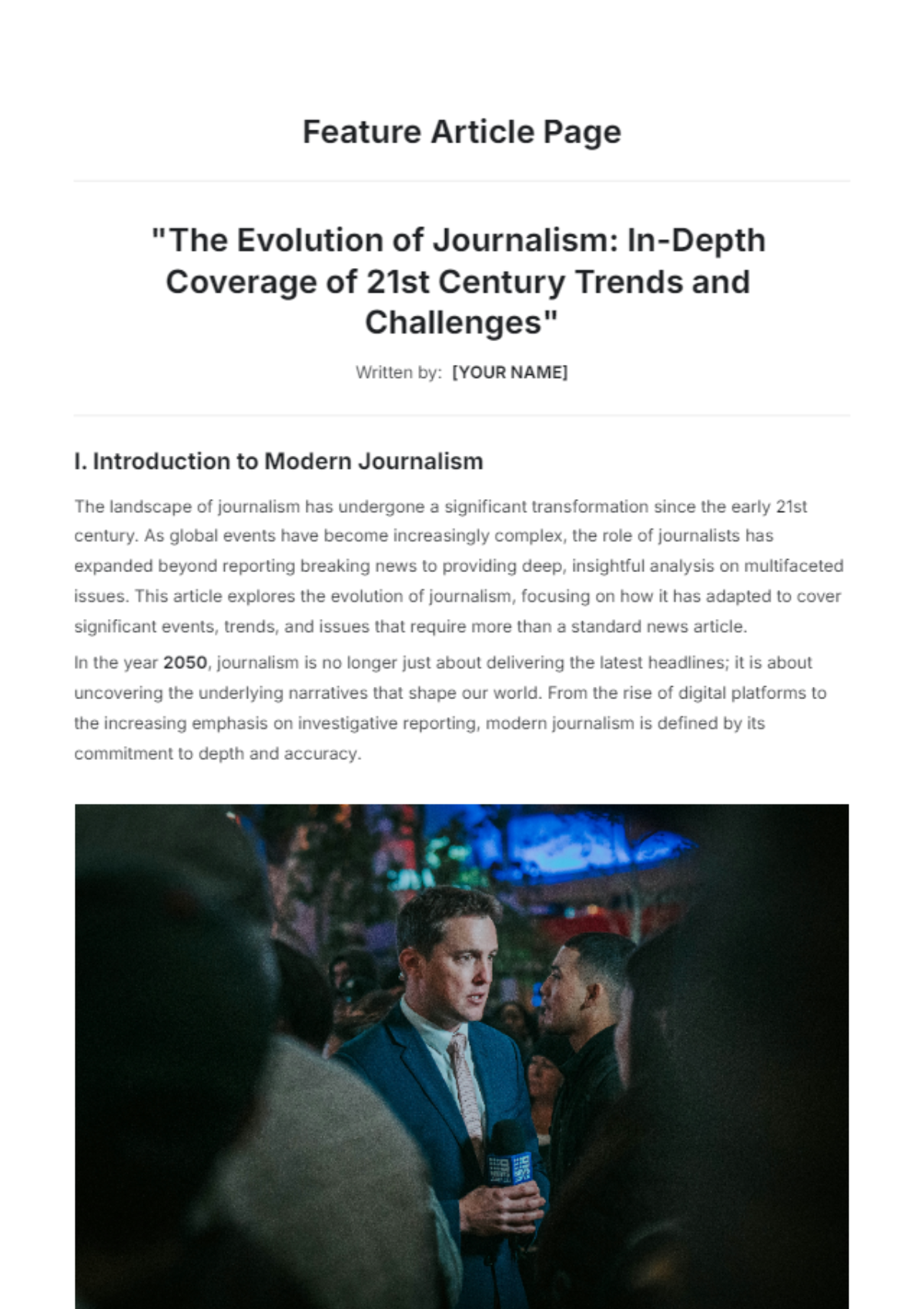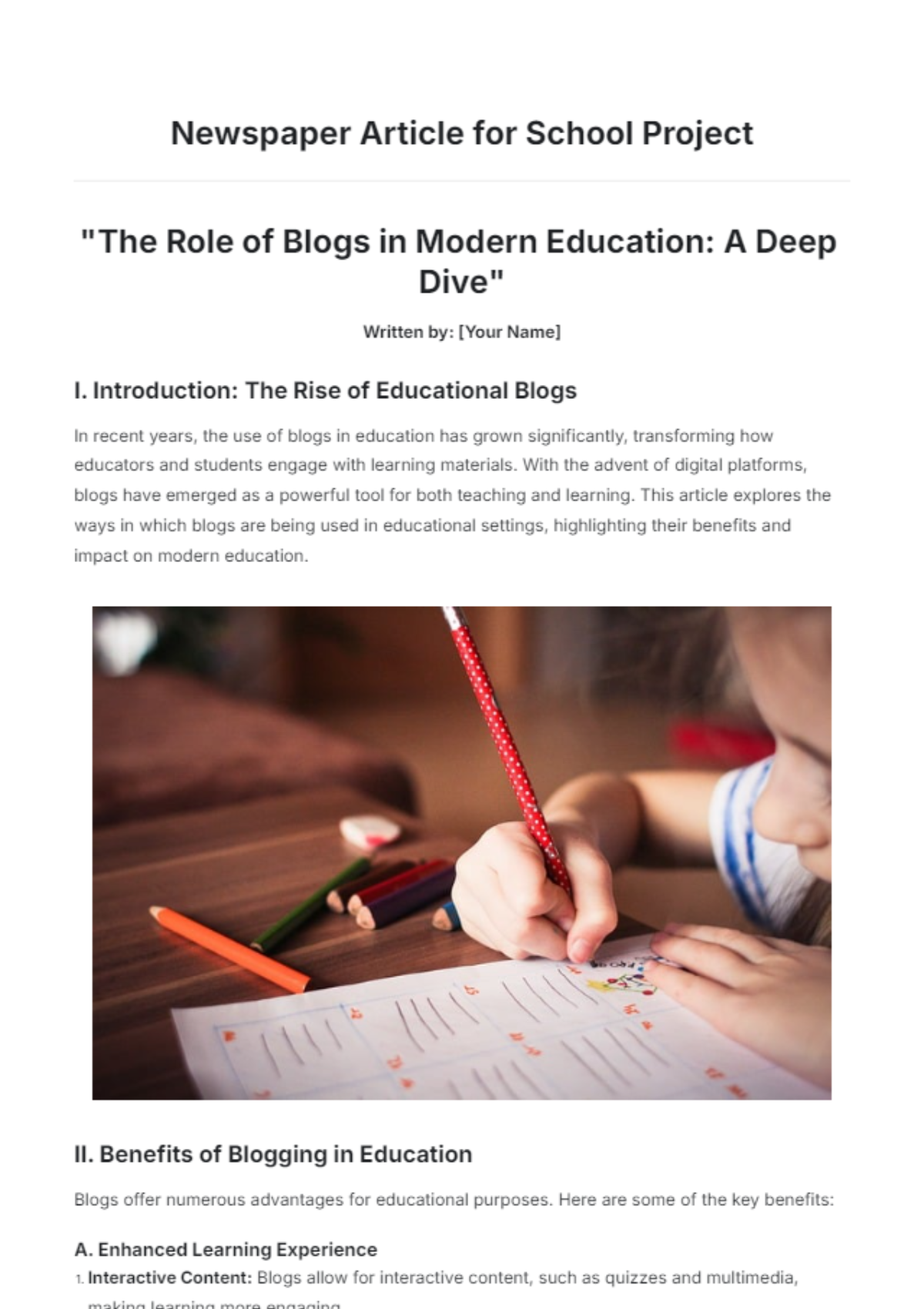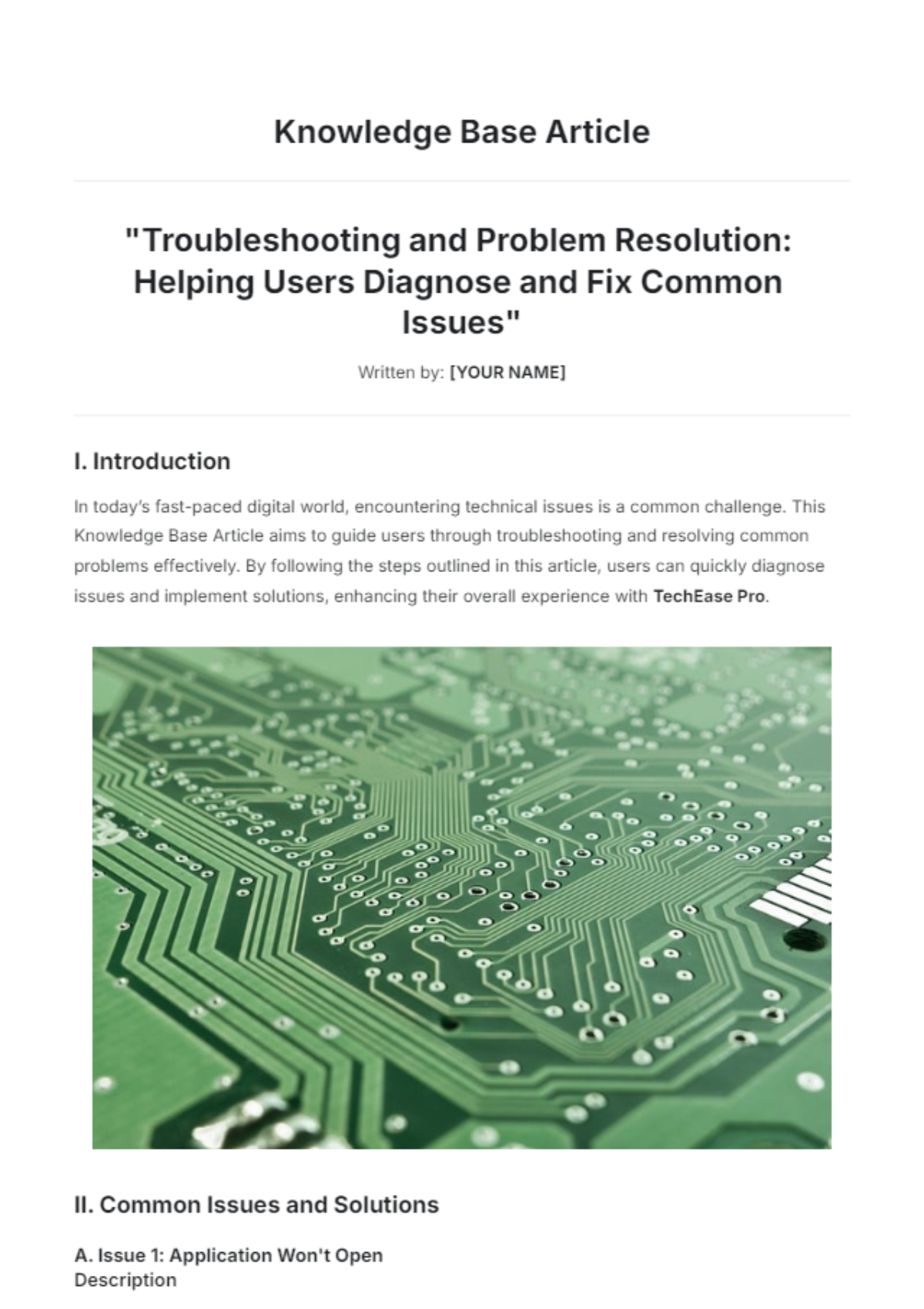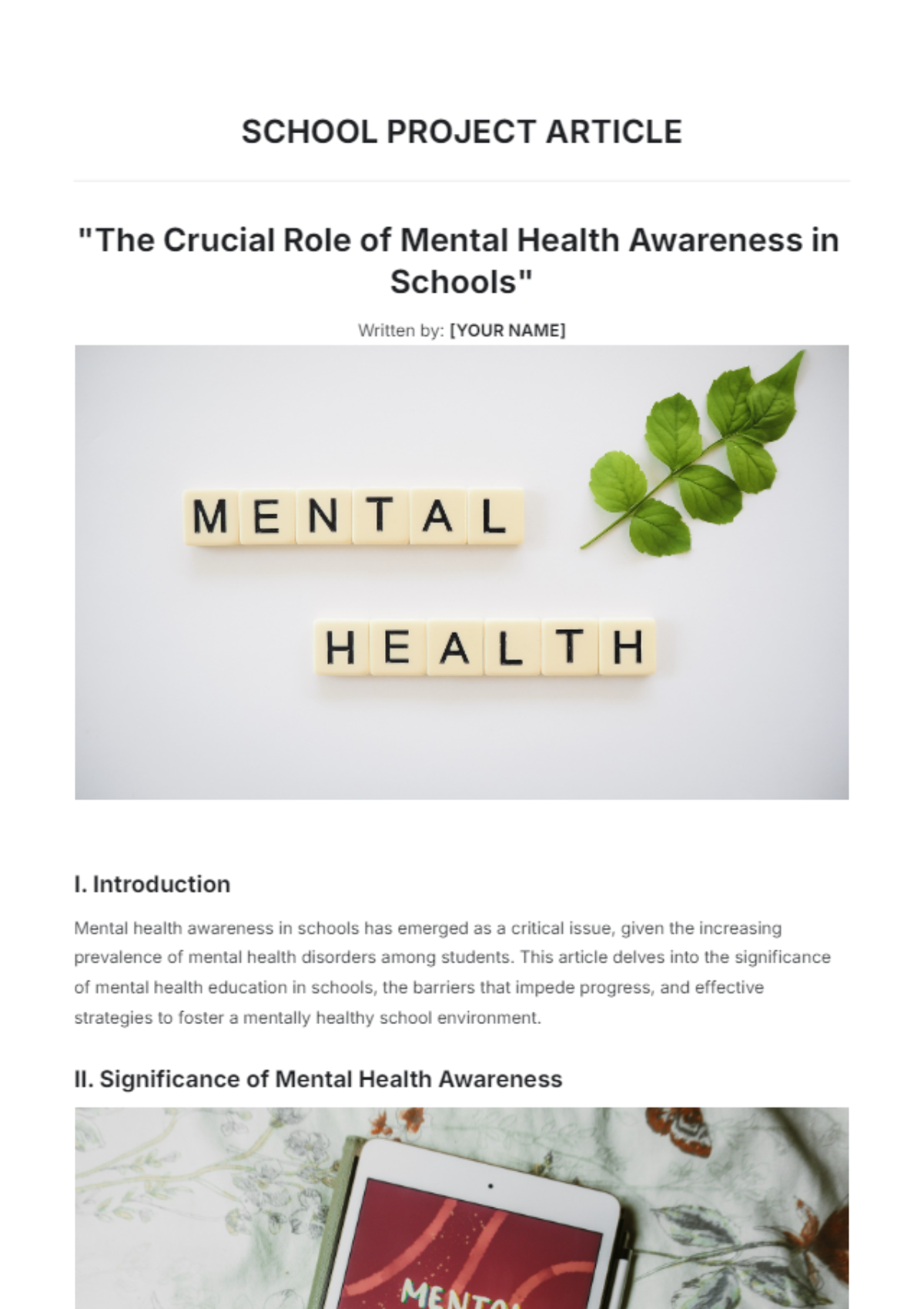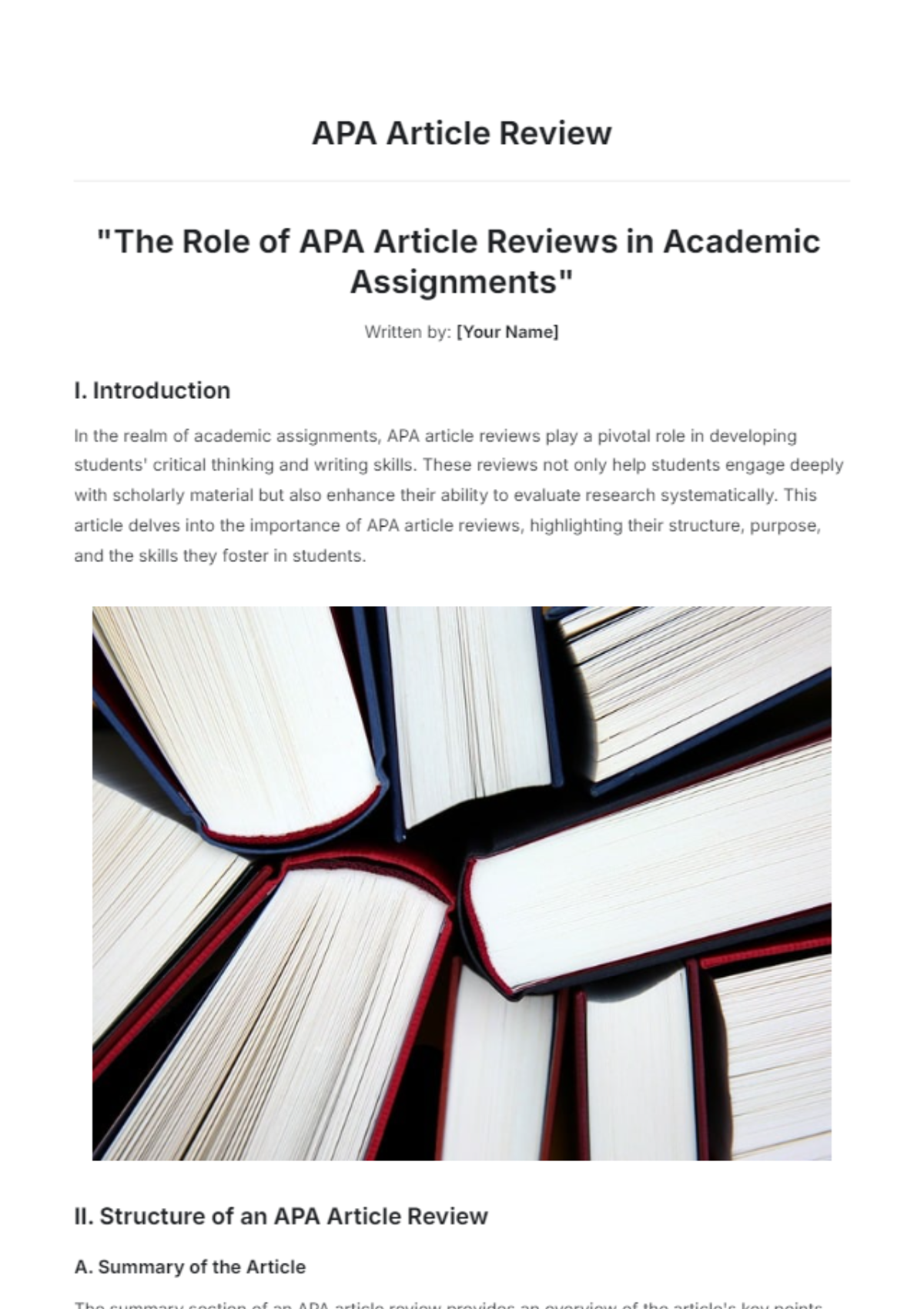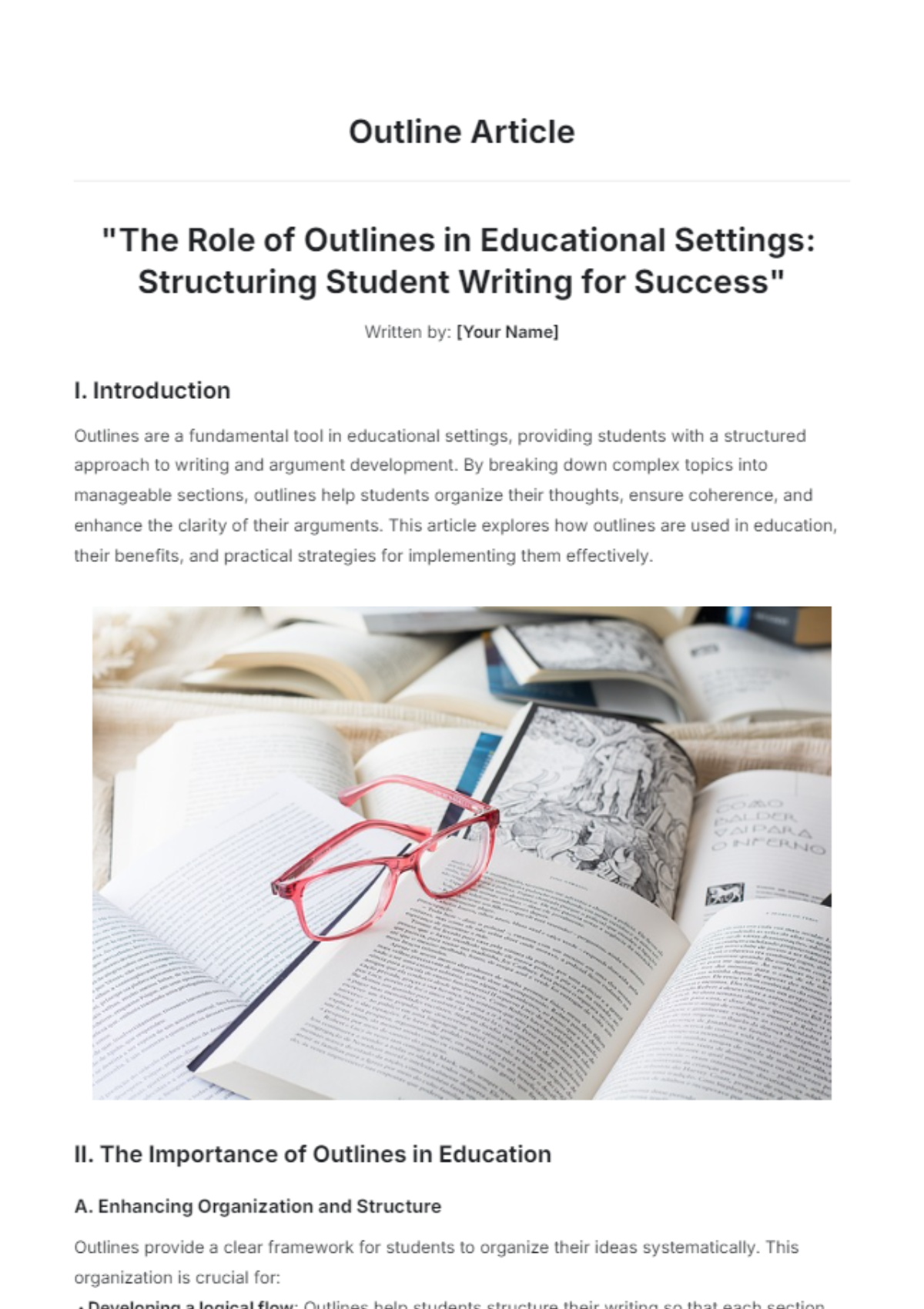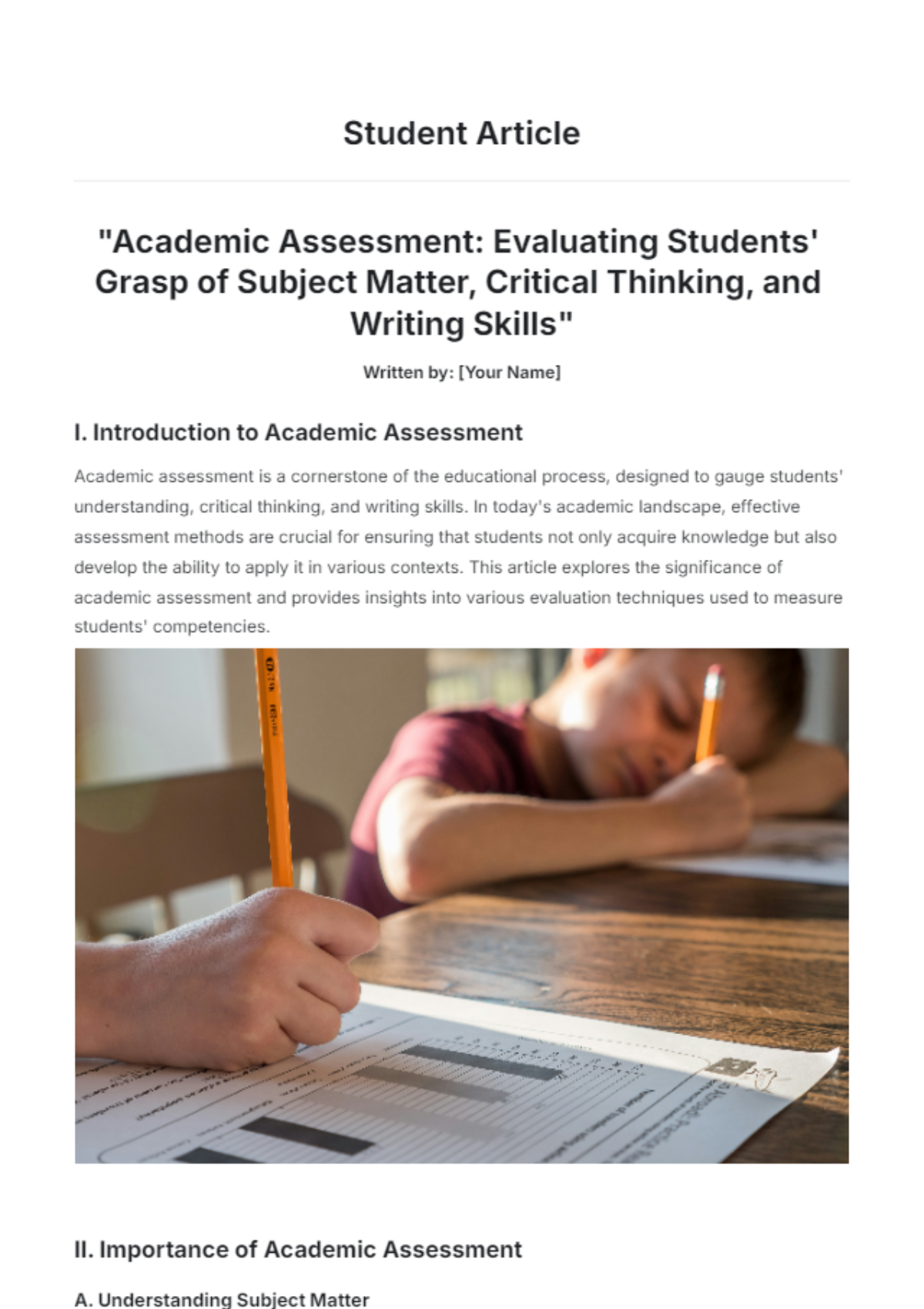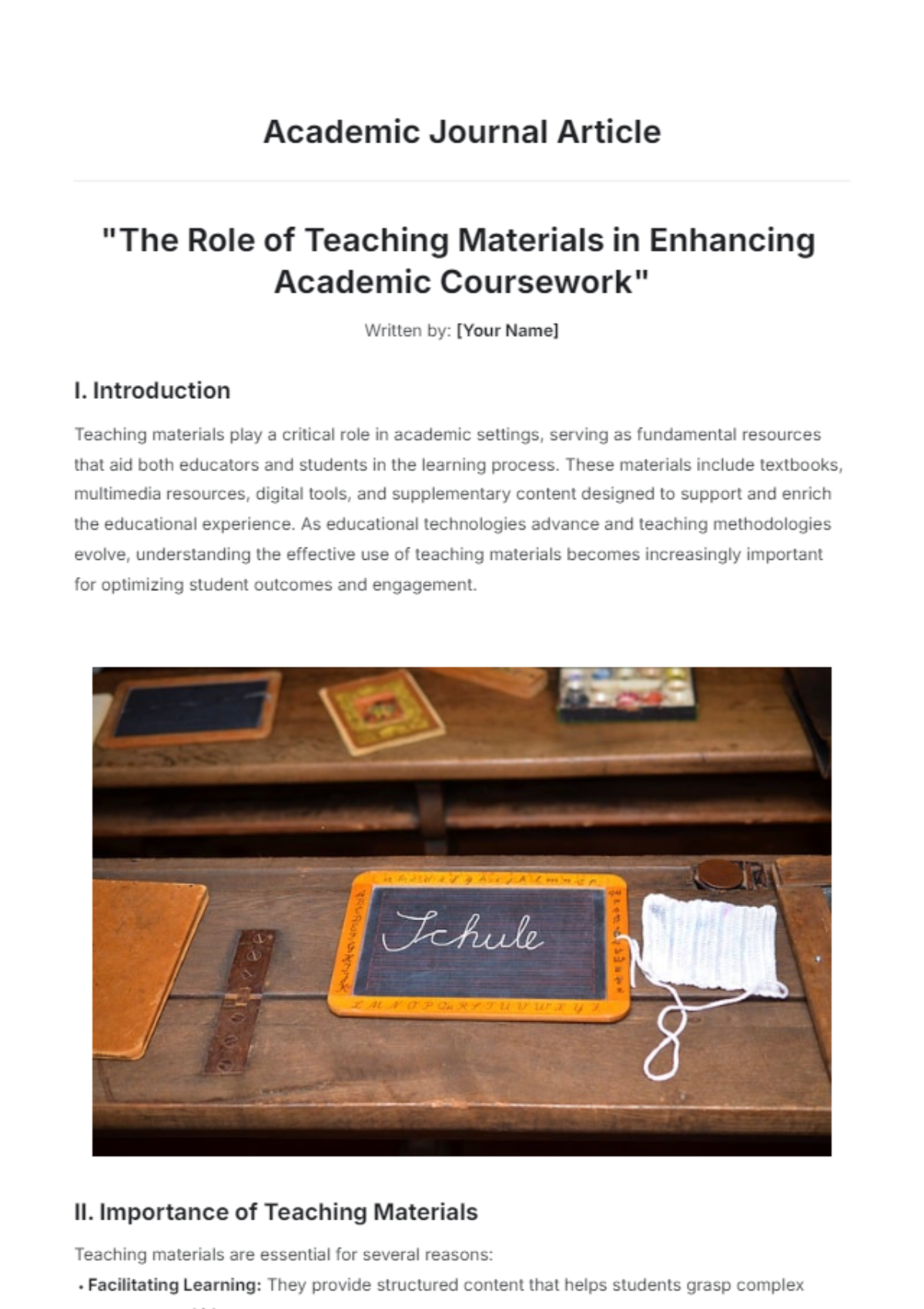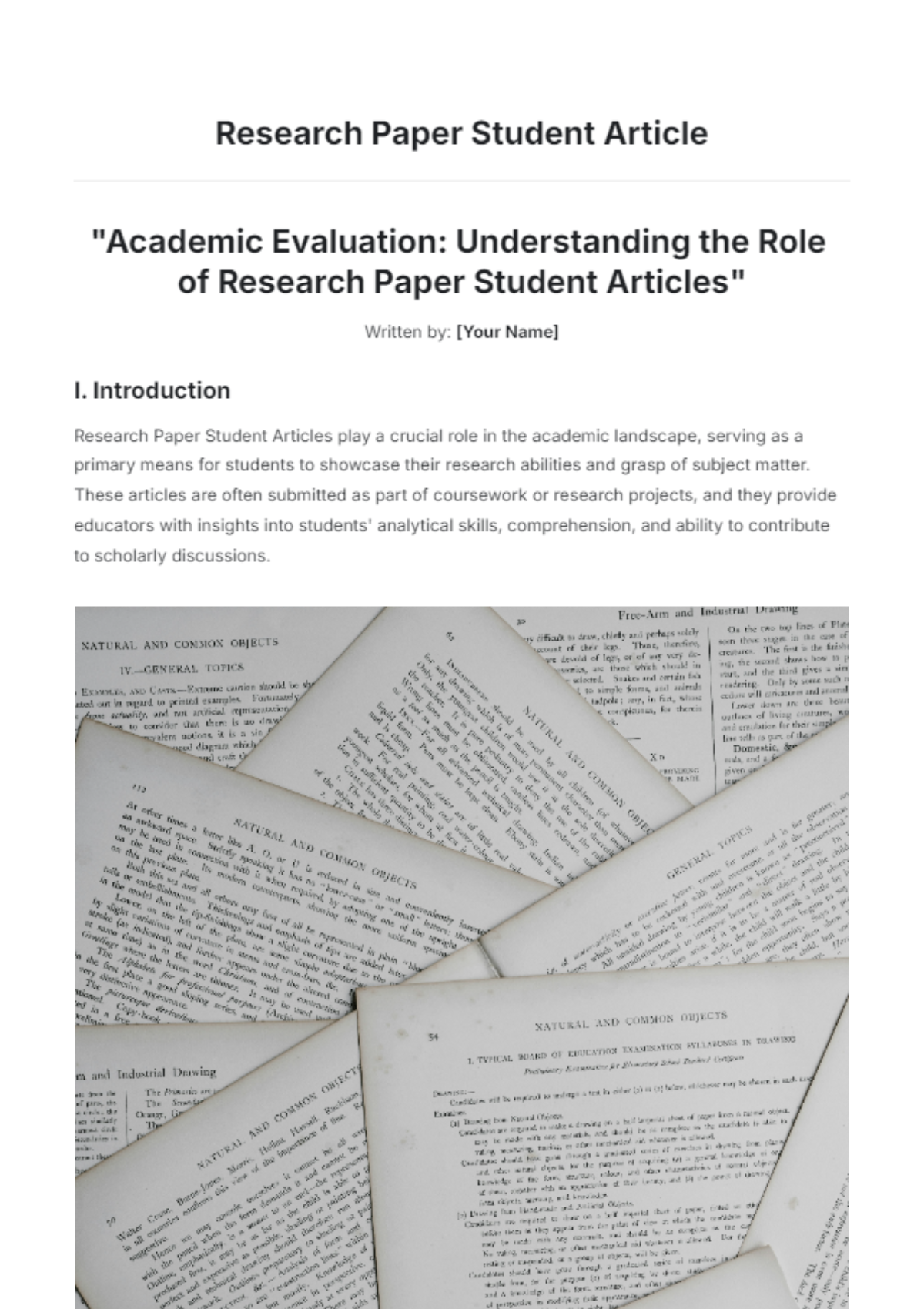CLAIM OF VALUE ARTICLE
"The Transformative Power of Diversity in Education"
Prepared by: [Your Name]
I. Introduction

Diversity within educational environments is not just a matter of fulfilling a moral obligation or achieving a societal goal; it is a profound investment in the cognitive and social growth of students. This article explores the value and effects of diversity in education, arguing that inclusive educational practices enhance learning outcomes, promote better interpersonal relationships, and prepare students for a globalized world. This exploration underscores the significance of diversity as a key component to educational success.
II. The Multifaceted Benefits of Diversity in Education
A. Academic Performance
Research consistently shows that diversity significantly benefits students in terms of academic performance. Key points include:
Exposure to diverse perspectives fosters critical thinking and problem-solving.
Students in diverse environments are better prepared to navigate a global economy.
Mixed groups tend to find better solutions to complex problems due to a wider variety of viewpoints.

B. Social Skills and Awareness
The social implications of diversity are equally compelling. Students learn to:
Communicate effectively with people of varied backgrounds.
Develop empathy and reduce prejudices, fostering a more inclusive society.
Adapt to different social settings and norms, enhancing their versatility in personal and professional environments.
C. Long-Term Impact on Society
Embracing diversity in the classroom leads to long-lasting societal benefits, such as:
Increased cultural acceptance and reduced discrimination.
Greater innovation and creativity in professional sectors.
Stronger and more inclusive economic growth.
III. Implementing Effective Diversity Practices in Education
A. Recruitment and Support of Diverse Faculty
Recruiting and retaining faculty from diverse backgrounds is crucial for creating an inclusive educational environment. Diverse faculty enrich academic discourse and provide students with role models from various cultural, ethnic, and socioeconomic backgrounds. Supporting diverse faculty through mentorship programs and inclusive hiring practices enhances their success and contributes to a vibrant academic community.
B. Integration of Multicultural Content Across the Curriculum
Integrating multicultural content into all subjects is essential for providing students with a comprehensive education. By incorporating diverse perspectives and experiences into lesson plans, educators help students develop a deeper understanding and appreciation for the world's richness. This fosters empathy, cultural competence, and prepares students for success in a diverse global society.
C. Creation of Supportive Environments that Celebrate Differences
Creating supportive environments that celebrate differences is crucial for promoting inclusivity within educational institutions. Cultivating a culture of respect, empathy, and open dialogue ensures that all community members feel valued and empowered to contribute. By fostering a sense of belonging, educational institutions create spaces where students from diverse backgrounds can thrive academically and socially, enhancing the overall educational experience.
IV. Conclusion

Diversity in education offers considerable benefits not only to individuals but also to society as a whole. As educators and policymakers strive to enhance educational outcomes, the integration of diversity practices stands as a pivotal strategy in cultivating richer, more inclusive educational experiences that prepare students for lifelong success.
Maya Angelou once said,
"In diversity there is beauty and there is strength."
This profound insight underscores the transformative power of diversity in education. Just as diverse ecosystems thrive and flourish, so too do diverse educational environments. By embracing diversity as a cornerstone of our educational mission, we not only cultivate richer, more inclusive learning experiences but also prepare students to navigate and contribute to a diverse and interconnected world.





